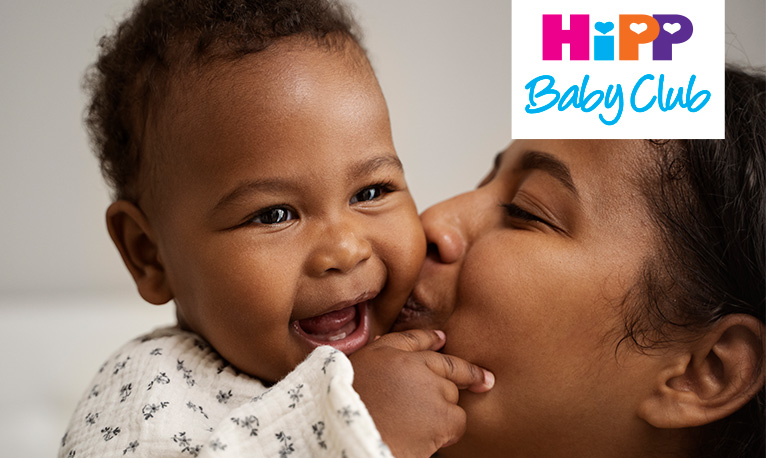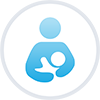Week 8
The embryo is around 1.5-1.6 cm in size, making it roughly as big as a blackberry (and the bulges which will go on to form their fingers and toes even look a bit like the bulges of a blackberry). Your baby is still in the jelly baby stage, as their hands and feet are similar in appearance to those of a jelly baby. An ultrasound every week would show that they’re steadily getting bigger. Although you can’t feel it, the baby is moving a lot!
How's your nutrition?
Eating a healthy diet during pregnancy is a great idea – though we understand that morning sickness can interfere with your best intentions! When you can face food, try to opt for healthy choices; in general, the less processed the food is, the better.
More tips on eating healthily during pregnancy, and some foods to avoid.
Lots of women are eligible for Healthy Start vouchers starting in week 10 of pregnancy; these can be used to buy lots of different nutritious foods to help you eat well. It's a good idea to register for Healthy Start a bit early; visit www.healthystart.nhs.uk to see if you qualify.
First antenatal appointment
You'll have your first antenatal appointment with a midwife and/or your GP sometime between weeks 8 and 12. Remember to ask for an FW8 form; you can use this to get a maternity exemption certificate, which will give you free prescriptions and dental care during your pregnancy (and for a year after your baby’s birth).
What it’s like for the mum-to-be in week 8
You might have noticed by now that the typical symptoms of pregnancy are gradually easing as your body increasingly gets used to the changing hormone levels. By the end of the third month of your pregnancy, the nausea, vomiting and pulling pains in your abdomen should have disappeared. Your breasts will continue to get bigger in preparation for feeding your child once they’re born, but the soreness and the hypersensitivity of your nipples will decrease for now.
Keep doing everything you can to look after your baby and avoid all unnecessary risks. Be sensible when it comes to stimulants such as coffee and other drinks containing caffeine (like many fizzy drinks), and you should completely avoid alcohol and nicotine so as not to harm your baby’s health.
Folic acid, vitamin B and iodine
Remember to keep eating fresh food containing lots of folic acid, and you should now also make sure that you get enough vitamin B from your diet, and/or from supplements if necessary. You will also need more iodine during your pregnancy in order for your baby’s thyroid gland to develop properly.
Ask your doctor to recommend a suitable supplement which will give you the folic acid, vitamin B and iodine that you need.
After you give birth, you won’t need quite as much folic acid as during your pregnancy, but women who breastfeed still need more than other adult women.


